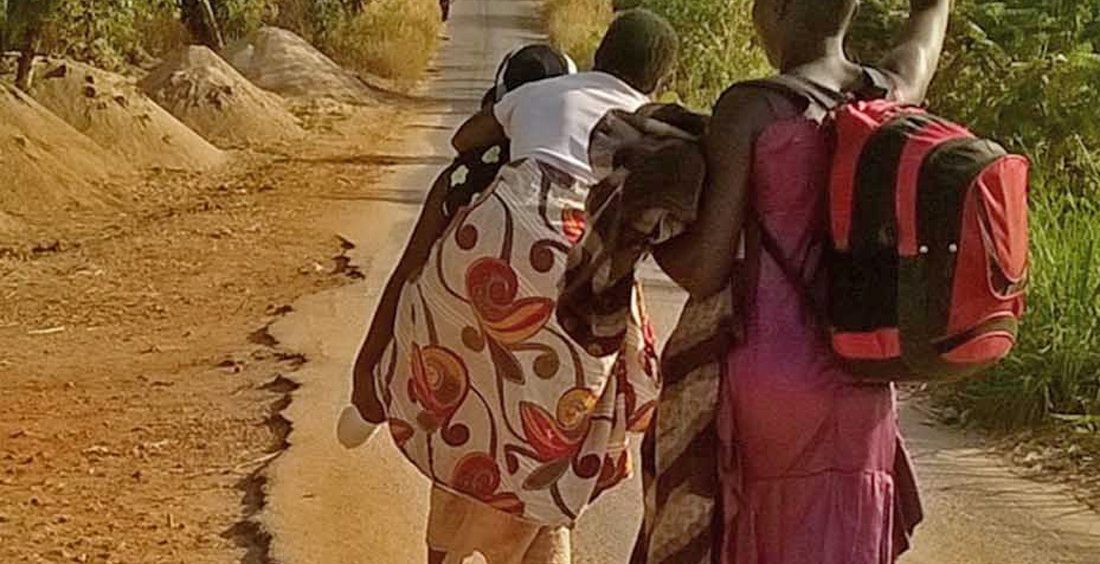Over the weeks I’ve been home, I feel there is a constant theme in many of the conversations and questions people ask me. Everyone wants to understand if development aid is working. How do we make a better impact? What is the key to producing change? And so the questions go.
This has left me to reflect on what I have learned and understand what we here in the West truly want to understand. As I prepare to go back, this is what I can leave you with.
We here, are a society built on convictions. More now than ever. Not just convictions but rights. It’s no longer just the thing that you stand for but that it has a right to be heard and recognized. The whole concept of; “(fill in the blank) is not okay” is ingrained in our thinking and acting. It begins when we are children; we tell our parents we want a banana instead of an apple. What happens? We receive a banana. That simple act empowers us. Breeds a confidence that if we spoke up for ourselves and change happened, how much bigger can this go? We continue to stand stronger and louder for what is important to us. So much that the whole reason developing countries are rife with aid is that we are standing on a conviction and crying out; this is not okay.
Now here’s the kicker. What if the person we are saying this for doesn’t have that opinion? What if they are not convicted about the situation in their own life?
The challenge I have recognized is that Malawi (and many African countries) is a culture of silence. To voice your opinion (which means you are contradicting another) is considered disrespectful. The way I have understood this is that life is a struggle. Everyone is trying their best within what is possible, so why create more challenges to life? Accept your lot and keep going.
This whole concept does not only silence your voice but your mind. If everyone is just doing their part, when is there time to dream? It goes deeper. If you are raised in a manner of duty. There is no desire. There are no convictions for what is or isn’t okay. It’s so important to begin within the culture. In the heart and core of character, values and traditions. Not at a well, or a school house.
What if people are just looking to be valued or dignified? Don’t get me wrong, the whole reason we dig for clean water or improve education is to give those opportunities, but like respect, what if what they value has a different meaning?
Let’s go back to the child analogy. When you were 7yrs old, did you concern yourself with being able to do homework after school or playing in the mud? It was the mud!
And when your parent allowed you that opportunity as a kid, it showed you they valued what you valued.
What is the value of education if no one taught you to look beyond tomorrow? (because your father and three out of five siblings passed away by the time your 12yrs, so tomorrow is unpredictable) or if no one told you as a girl that your worth was greater than the number of children you produced. How would going to school be interpreted within your life?
When we choose to stand and say, ‘it’s not okay,’ it’s good to be mindful from who’s side we are understanding through? We cannot be the voice for someone who is not yet prepared to accept it.

